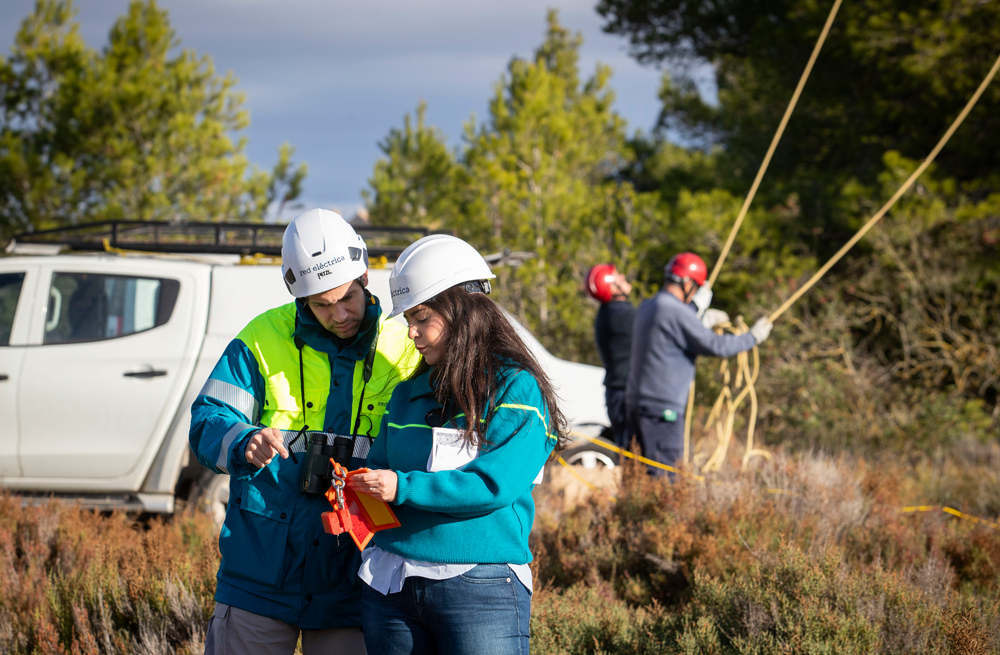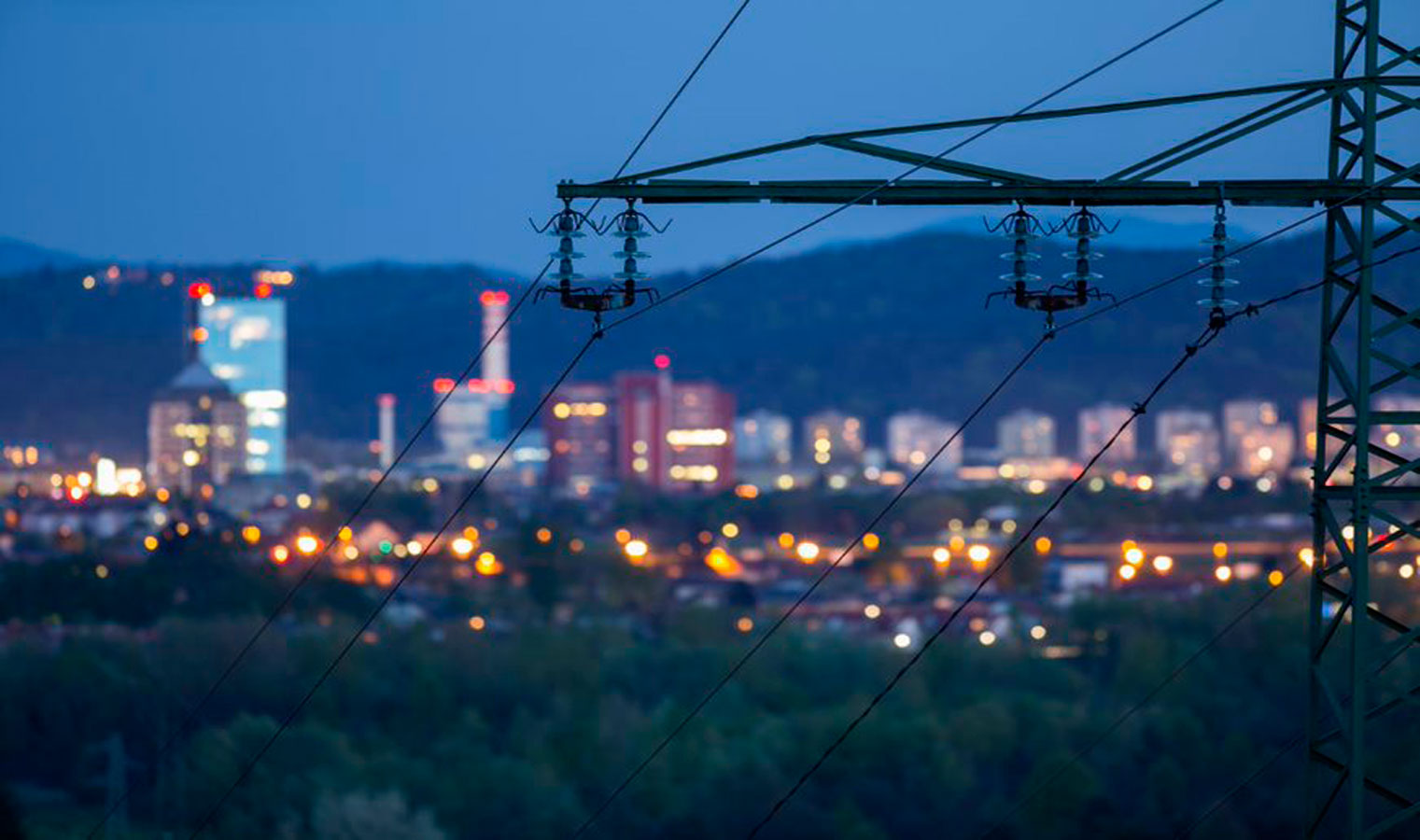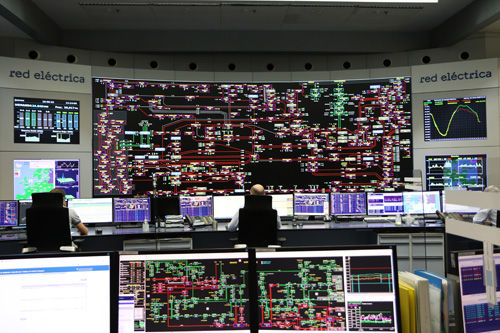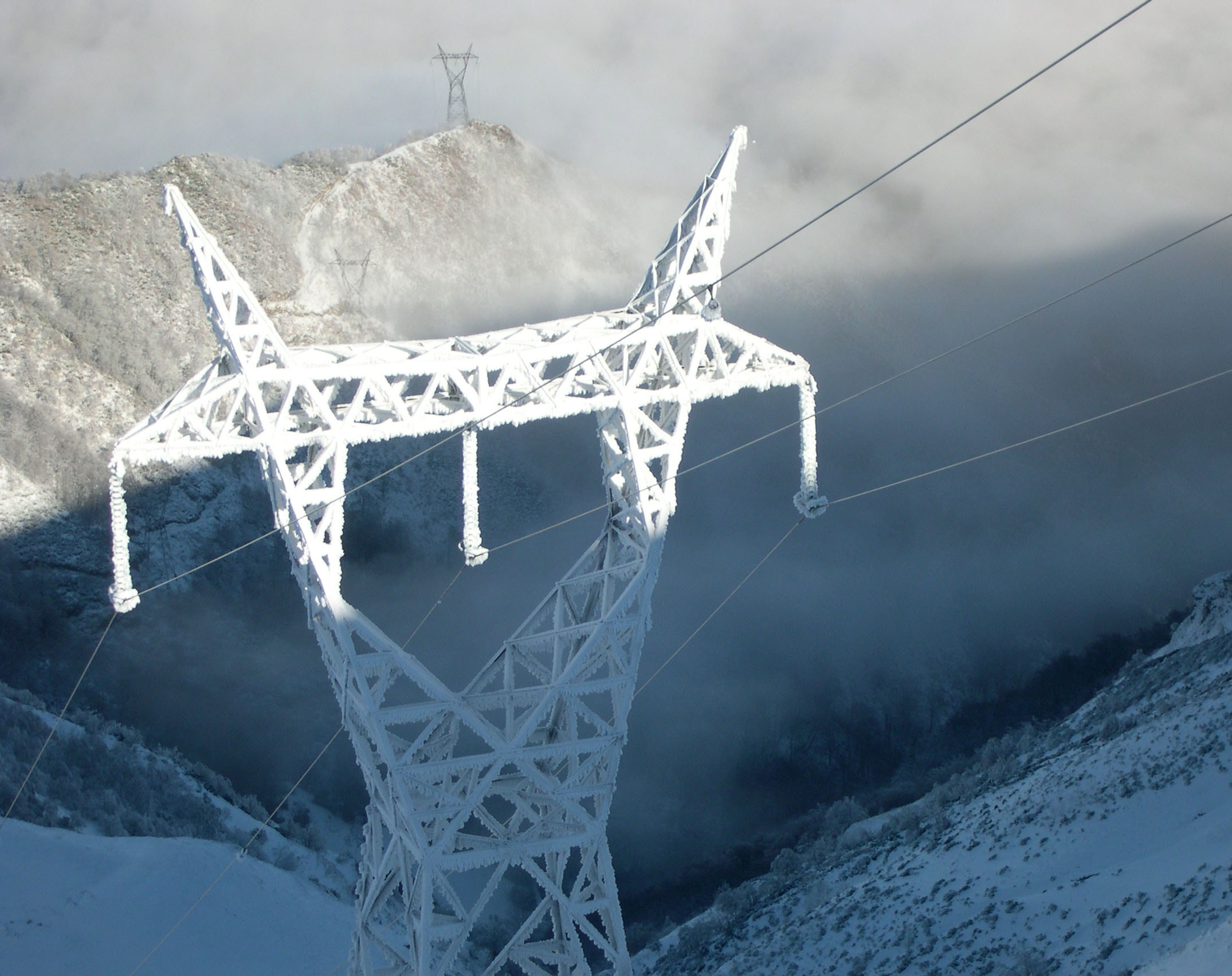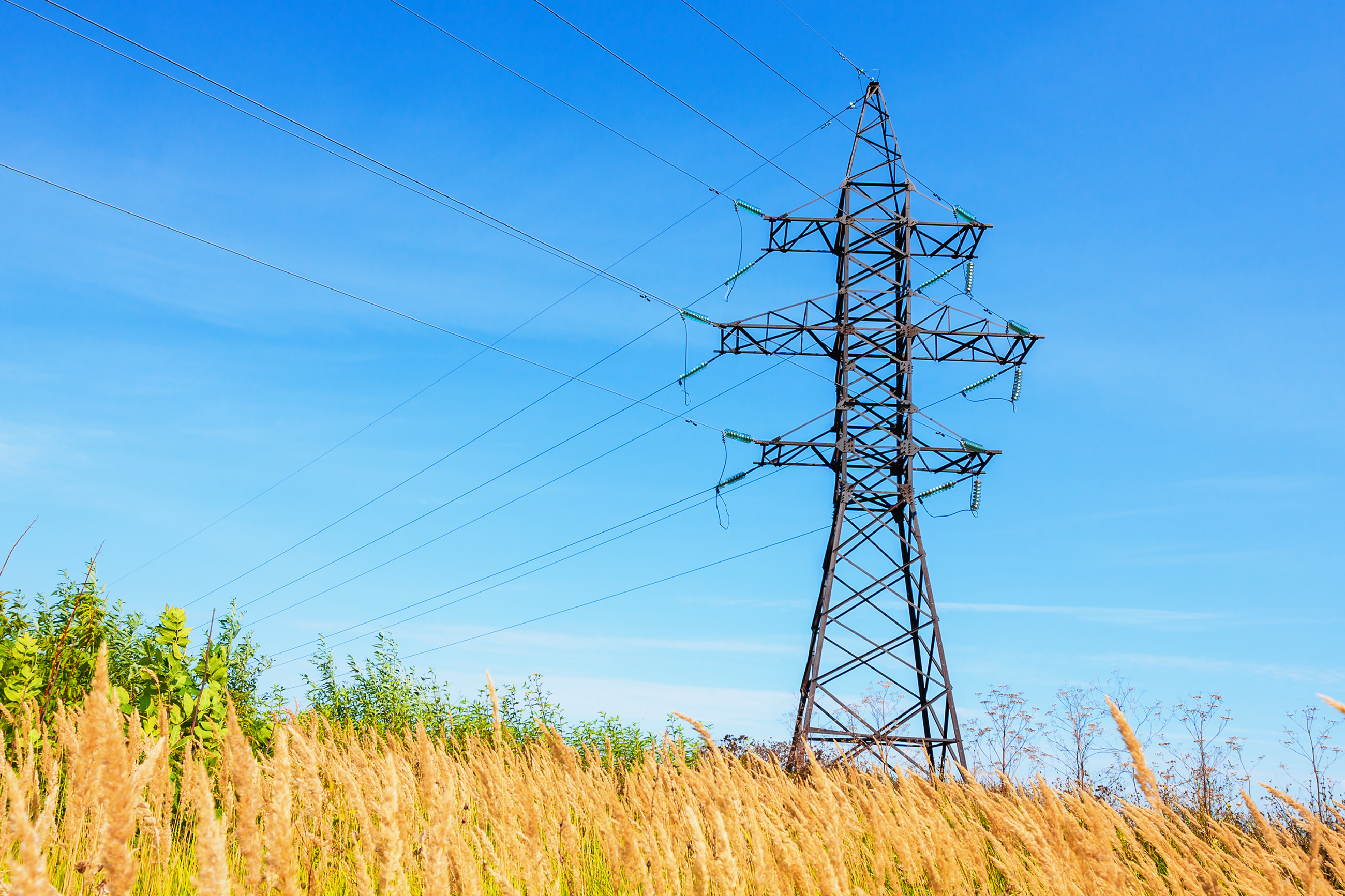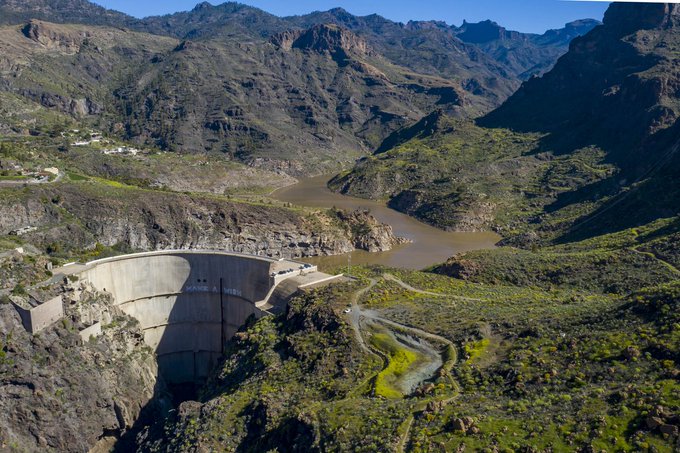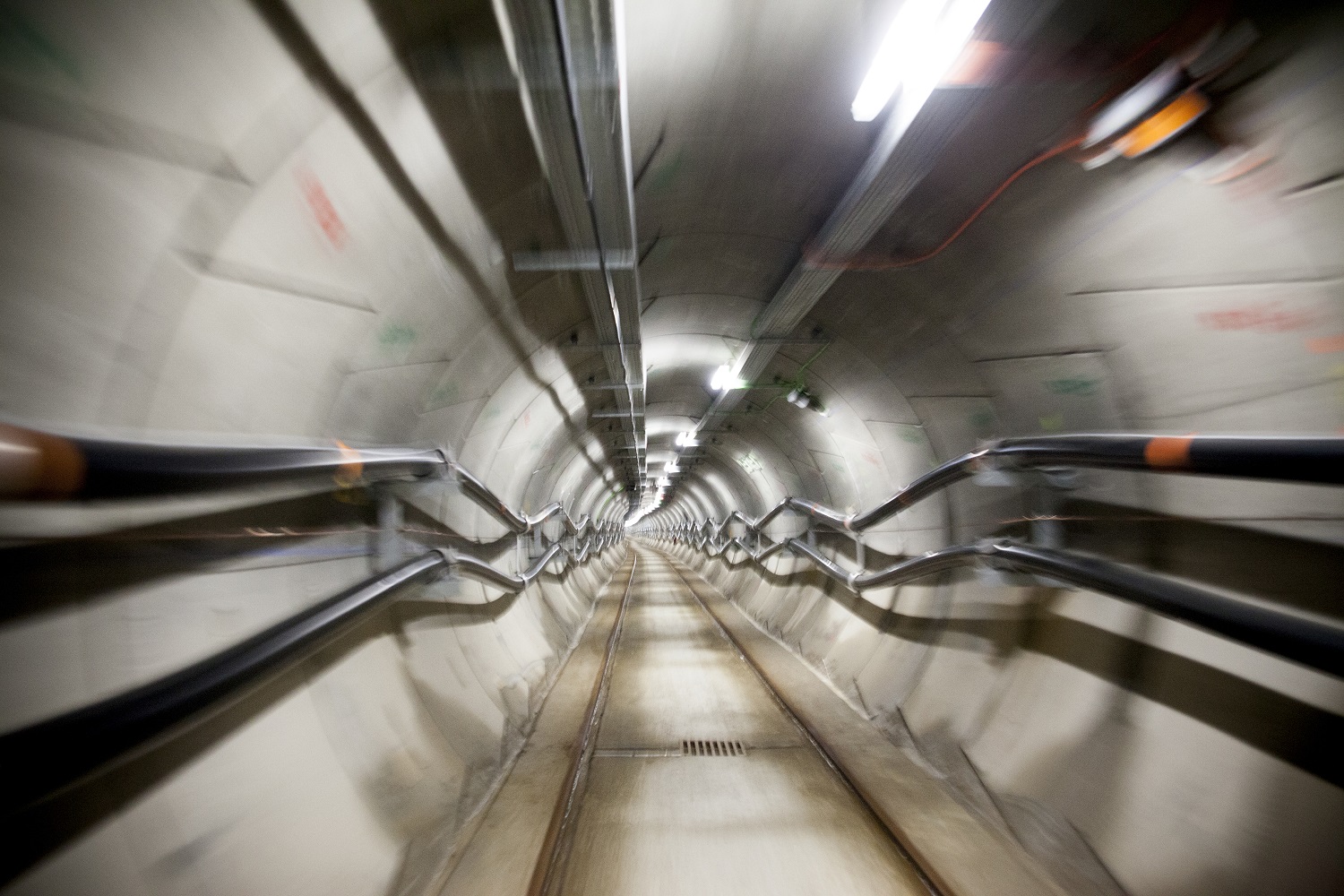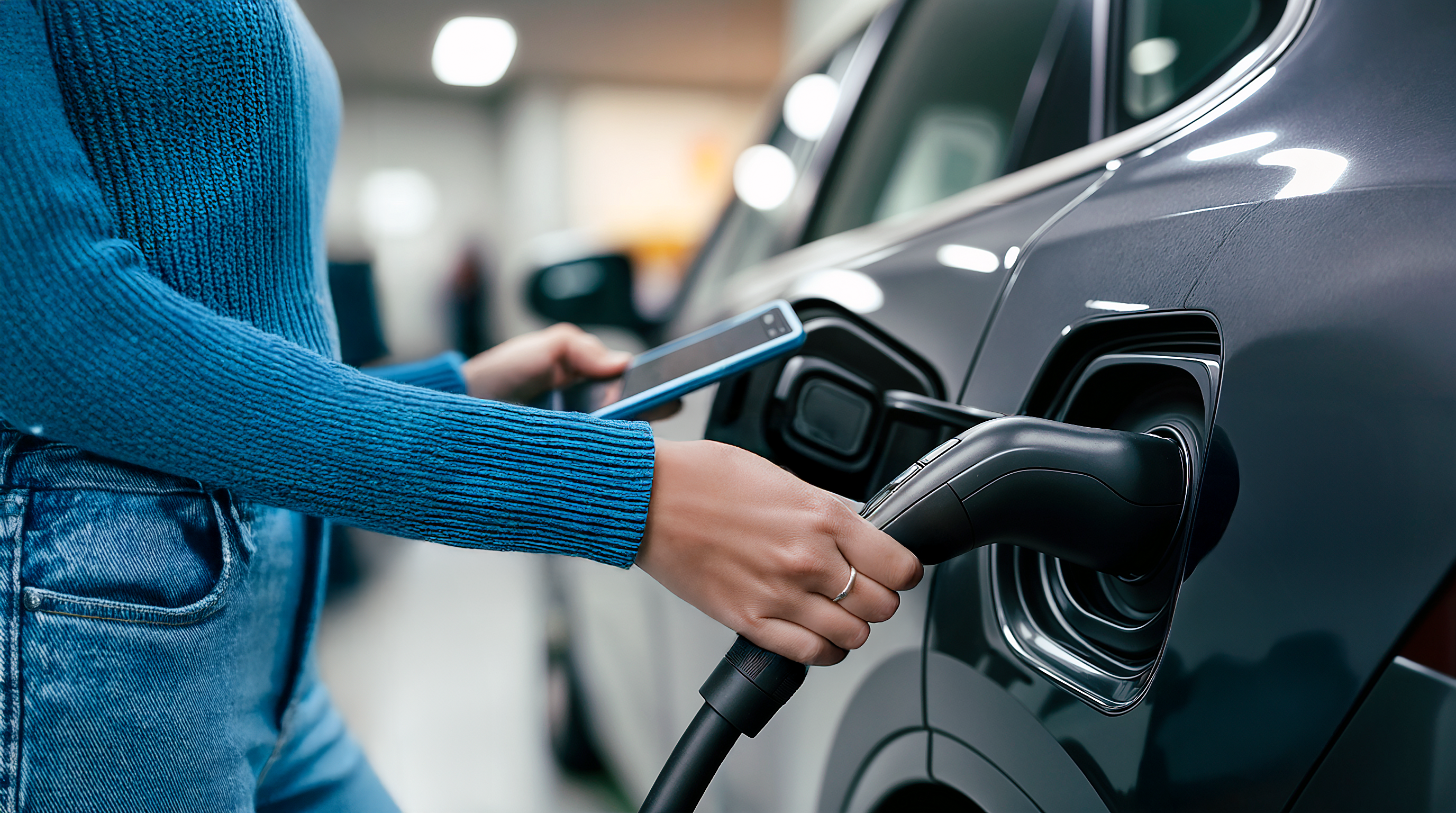Discover what Red Eléctrica is, what we do, and why we are the backbone of the electricity system in Spain and the ecological transition.
Red Eléctrica and the fishermen of the Balearic Islands launch Netejamar, a joint marine waste collection programme
The Balearic fishing fleet is estimated to be able to recover up to 10.5 tonnes of waste annually during regular fishing activities
Crews from three trawlers are participating in a pilot programme throughout April
Red Eléctrica will provide the necessary funding to equip vessels with the required materials and compensate fishermen for their efforts
Red Eléctrica, Redeia’s Spanish electricity transmission and system operator, and the Federació Balear de Confraries de Pescadors (FBCP) have launched Netejamar. This collaborative effort aims to encourage the fishing fleet to collect marine litter and waste, which will then be recycled and treated.
The Netejamar pilot programme is already underway. Throughout April, three trawlers from two fishermen's associations will participate, with the goal of expanding the initiative to the entire Balearic fleet once the results are assessed.
This initiative stems from a collaboration agreement between Red Eléctrica and the FBCP. Under this agreement, Red Eléctrica will provide the necessary financial resources to equip vessels with collection materials and to compensate fishermen for their participation. Meanwhile, the Federation and participating vessels will integrate waste collection activities into their regular fishing operations.The project also benefits from the collaboration of Fomento de Construcciones y Contratas and the Sóller City Council, which will handle waste collection free of charge at the offloading ports.
Expected outcomes
Beyond reducing marine litter, the Netejamar programme will help gather valuable data on the fishing fleet's capacity to collect plastics and other marine waste. Based on the pilot programme’s experience, a collection protocol will be drafted, while a comprehensive marine waste collection and treatment system will be established. Additionally, a good practices manual will be published to guide the proper handling of waste collected by the Balearic fleet.
When fully implemented, the fleet is estimated to be able to recover approximately 10.5 tonnes of marine litter annually.
This projection is based on the number of vessels—categorised by fishing modality and vessel length—and various studies on marine litter collection in the Western Mediterranean. These studies provide data and proportions related to catch volumes and marine environments. The experience of other fishermen's associations and local action groups promoting similar projects has also contributed to this estimate.
The Netejamar project reflects the commitment of both Red Eléctrica and the fishermen’s associations to marine conservation in the Balearic Islands. Through this initiative, they promote actions to preserve marine biodiversity, foster sustainable marine development, and support the professional fishing sector.
The Federation has already made significant contributions, including crucial efforts between 2013 and 2017 to support the recovery of bluefin tuna populations in the Mediterranean. It also helped enhance the value of fresh fish products and improve fish stock sustainability. Moreover, all fishermen’s associations in the Balearic Islands follow a protocol developed by the Palma Aquarium Foundation to handle accidental interactions with loggerhead sea turtles (Caretta caretta), minimising harm to the animals. They have also installed water tanks at docks for turtle care and provide food for turtles undergoing rehabilitation.
Red Eléctrica is internationally recognised as a pioneer in preserving and restoring Posidonia oceanica meadows through its Marine Forest project. Indeed, the company has restored two hectares of seagrass in the waters of Pollença with this initiative. Now, under Redeia’s Integrated Impact Strategy and through the Marine Forest Platform, restoration efforts are expanding to include other marine species and habitats, not only in the Mediterranean but across Spanish marine ecosystems.
More Information:
In the Balearic Islands, 64% of landed catches come from the trawling fleet and 27% from the artisanal fleet. Marine litter estimates are based on total catch volumes, regardless of species, as the proportion of marine debris is calculated in relation to the total haul.
The trawling fleet—composed of 33 vessels—operates in deeper waters starting at 50 metres, covering both continental shelf (50–400 metres) and deep-sea (400–800 metres) fishing zones. An estimated 70% of marine litter accumulates near the seabed (demersal waters), with an additional 15% found within the water column. Thus, the trawling fleet could potentially capture up to 85% of marine plastics. The estimated waste collection potential of the trawling fleet was derived from the 64% share of official catch data and previous research. This analysis yields a projected recovery range of 6,600 kg to 10,748.43 kg, depending on environmental variables and the level of fleet participation. The result translates to an average of approximately 8,927 kg per year—about 270 kg per vessel.
Meanwhile, the artisanal fleet—made up of 221 vessels—operates mainly in surface waters and could collect about 15% of marine litter. Their estimated annual recovery is around 1,575 kg (approximately 7 kg per vessel), with projections ranging from a minimum of 1,165 kg to a maximum of 1,897 kg.
Marine waste in Balearic waters affects marine species, habitats, fishing activities, and human health, as it enters the food chain. This can harm the reputation of Balearic fisheries and compromise the quality of catches. Similarly, it also causes mechanical issues such as clogging engines and cooling systems—particularly impacting artisanal vessels, where the economic burden is especially severe.
Scientific studies conducted between 2010 and 2021 reveal alarming data: 97% of marine waste in the Balearic Sea consists of plastics (Ruiz Orejón et al., 2019), while 45% of species studied contain microplastics (Alomar Mascaró, 2020). The Nixe 3 Project, published in Marine Environmental Research, found 147,500 plastic particles per km2 in Balearic waters. The Marilles Foundation’s annual report on the state of Balearic marine conservation highlights the persistent presence of plastics: in 2015, 100% of fishing hauls contained marine litter, while 66.6% included plastics.
Netejamar is yet another demonstration of Redeia’s commitment to the well-being of the communities hosting its infrastructure, in line with its Integrated Impact Strategy. Launched by the company in 2023 to maximise its contribution to local communities, this strategy led to the approval or implementation of 117 environmental, social, and investment-related initiatives in 2024. The €8 million allocated to these initiatives is estimated to generate a social impact of €51 million, thanks to a reporting and measurement methodology created to quantify the value generated for society in monetary terms.
Download
